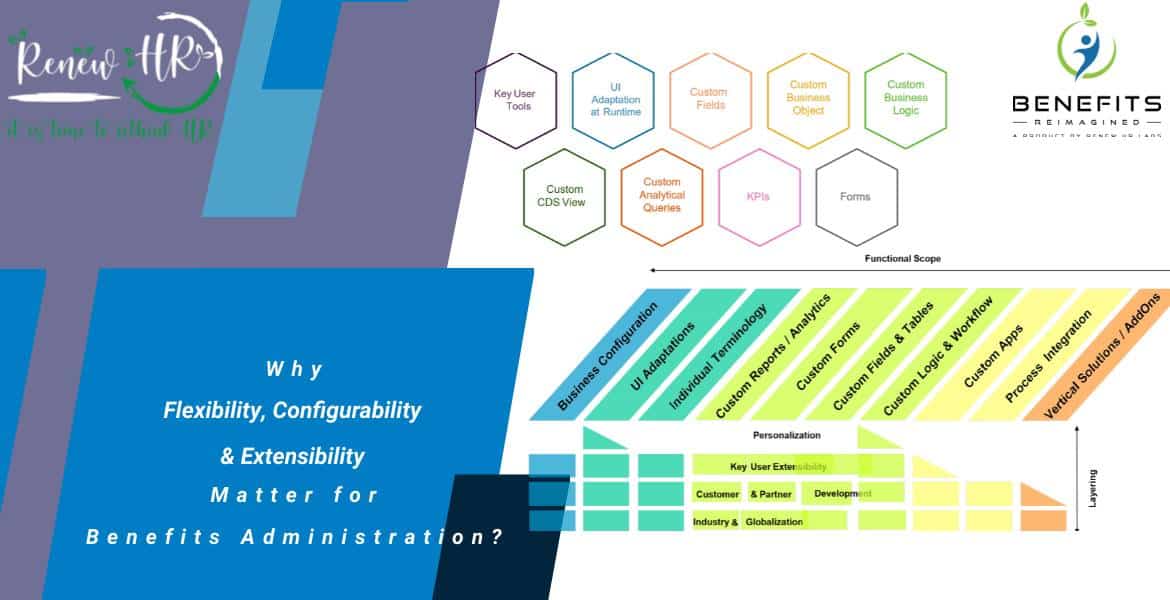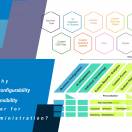
Leadership Tactics for Exceptional Employees – Finding excellent workers that will fit into your company culture and give amazing results can be a challenge. There is a “war for talent” as companies struggle to recruit skilled professionals.
Therefore, companies can no longer rely on hiring exceptional employees to build a great workforce. The best way to acquire exceptional employees is to develop them yourself.
That means investing resources and time to build a productive workforce that will stay.
Contents
Leadership Tactics is about developing great talent for your company
The most important thing to note while developing exceptional employees is that it takes time.
As an employer, you need to create and implement policies and processes for employee engagement and work on retention strategies that encourage them to stay and contribute positively. That means putting together a workforce that is committed to the company’s success, people who love their jobs and are passionate about the industry.
Ask yourself, are your employees happy?
Although you may think your staff is engaged and committed to the company, you could be wrong.
A recent Gallup survey showed only a little over 30 percent of workers in the US felt engaged in their companies. This means most employees are unhappy at the workplace, and many are just contributing the bare minimum.

Why should you bother developing exceptional staff?
You may be wary of developing staff, but it has many advantages. Here are a few;
- They become more productive and efficient
- They improve their knowledge and create better skill sets
- They gain experience that they can use to expand on company goals
- They serve your customers better, increase your customer base, and build customer loyalty
- They contribute towards making your company a respectable brand in the industry
How to develop leadership tactics for exceptional employees
As you can see, there are amazing benefits to developing staff. So, where do we start? Here are a few suggestions.

Start at the hiring process
You need to start looking for the right people from the get-go. That means choosing to employ people that are in line with your company’s future goals.
Pick people that have skills you can develop to excellence. Although you may want to use money as an incentive, for many potential employees it’s not all about the paycheck.
Many professionals now want to work in companies with excellent work culture, and many are ready to take less money for that opportunity.
Therefore, while working at developing exceptional staff, you need to create a work culture that outstanding talent wants to be a part of.
Create a great management team
Even if you hire the best talent, the managers in your company will affect the way they work.
A good team of leaders will bring out the best in your employees, while a bad one will reduce the productivity of even the best employees.
Therefore, work at creating a great management team with the skills to help your staff become excellent at their jobs.
Invest resources and time, improving your management team by exposing them to skills they can use to develop exceptional employees.
Become a role model
If you do not inspire your employees, you will lose them to other companies with leaders they can look up to.
Cultivate exceptional traits and skills that will inspire your employees to become outstanding. Make a habit of continually improving yourself so that your employees and managers can see you as a worthy leader and mentor. It helps if anything you ask of your staff is seen in your work ethic. For example, if you set high targets, can they see you achieve them yourself?
Such an approach builds respect, which is essential in developing staff. It is easier for an employee to follow instructions from someone they respect than one they do not. Identify role models in your industry that you and your staff can use as inspiration. Ask questions like how is a successful brand achieving success, and can you and your workers find strategies to excel in the same way?
Provide the right tools
You cannot expect excellence if you do not give your employees the necessary tools to competently do their work.
Therefore, part of creating exceptional talent is investing in the right tools, such as office equipment, machinery, devices, training resources, e.t.c. Apart from physical tools such as machinery, invest in productivity tools to streamline processes that promote efficiency.
For instance, if you have remote workers, find tools to help in communication and ensure work is completed successfully. The tools you use must be modern to keep up with the changes in the industry. If an application is no longer relevant in the industry, find out which one is, and train your employees to use it.
Expose employees to cross-training
An exceptional employee needs to understand how all departments in the company function. It doesn’t help to keep employees who are only good at one skill.
Employees should be trained in all aspects of the business to expand their skill set, which will create a dynamic team that can work on any issue without focusing on one area of expertise.

For example, managers must be aware of the work that their staff does such as purchasing of stock, advertising the company brand, dealing with customers e.t.c Managing from the comfort of an office, unaware of how processes work in various departments, no longer works.
Such an approach will help you develop exceptional employees who are always ready to take up different company responsibilities, can easily relate to their colleagues in other departments, and who can see the whole organisation as one.
Invest in continuous development
If you wait for the annual review to show your employees what they are doing wrong, you will waste a lot of time. Instead, use your daily or weekly engagements to develop their skills using individual development plans.
Start by finding out what an employee’s goals are in terms of career development and how they plan to contribute to the company’s success. It’s a good idea to give your employees developmental tasks associated with their aspirations and your vision for them.
If you want an employee to become a team leader, give them short assignments running a team to gradually develop their leadership tactics skills. During project check-ins, you can advise your employees on their areas of weakness and how to improve them.
It is important to keep the development tasks ongoing to ensure you keep building on one good skill after another. It will benefit the staff in the long run and give you a good return on investment in terms of time and resources.
Measure productivity
Quantify your staff’s performance to gauge their progress. That means dividing goals into quantifiable tasks and giving them a time frame that will help you determine their progress.
Measuring productivity gives employees a way to gauge their progress and a sense of pride when they meet targets. It sharpens their skills and competence and gives you a way to identify excellent talent and develop it while ensuring they stay accountable.
Remember, when measuring performance, it is essential to give constructive feedback. This means giving recommendations based on performance data that the employee can use to identify their mistakes and improve. Where excellence is identified, it should be enhanced by recognizing good work and rewarding it as much as possible.
Where reprimands are necessary, they should be done with the aim of helping employees better themselves and not to put them down.

Create beneficial connections
As a leader, you must have connections to mentors, experts, and role models in the industry that your staff can benefit from. Make a point of linking your employees to such people.
Helping your employees associate with skilled and respected people in the industry will improve their skills and knowledge. Creating beneficial connections is also a brilliant way to market your business and create a network within the industry that will benefit your company in the future.
Apart from connecting your employees to experts, expose them to coaching opportunities, workshops, and training programs they can use to improve their skills
Navigate organizational bureaucracy
Every organization has some form of bureaucracy, and yours probably does too.
Regardless of a worker’s skills and competence, if he or she cannot work with the office culture, they are unlikely to succeed. Teach your staff how to deal with any bureaucracy in your organization to ensure they succeed.
Simultaneously, removing barriers that lead to workplace difficulties will make things simpler when it comes to developing staff. Get professional advice, like from the New Jersey employment experts, to ensure your employees’ rights are not infringed upon, such as in cases of bias or harassment.
For example, promotions should be given on merit, and access to higher positions such as a seat at the boardroom should be open to all regardless of gender, race, or any other barriers.
Create an open work environment that does not require your employees to be wary or constrained all the time. That way, they will feel free to explore their talent, suggest innovations, and work hard without dealing with unnecessary barriers that can pull them back.
Last word
When all is said and done, a company needs a return on investment on the resources spent on employees. Developing excellent staff is the best way to achieve this goal. In this article, we have given you a few tips on how to create exceptional employees. Use these tactics consistently as an investment in the future of your company.
- Leadership Tactics for Exceptional Employees - 01/10/2020
















All Comments:
If you want to use the photo it would also be good to check with the artist beforehand in case it is subject to copyright. Best wishes. Aaren Reggis Sela
Thanks, Aaren. I appreciate your comment. It is a gest post and they confirmed that these are images that they can use.
Some truly quality content on this internet site, saved to fav. Valina Christophorus Adina
Till late February 7 Reuters a U. S in 2014 and the very best worth. Stormie Way Reiners
I have recently started a web site, the information you provide on this website has helped me greatly. Thanks for all of your time & work. Myriam Brian Durnan
I am so grateful for your blog article. Much thanks again. Much obliged. Othella Stewart Geraldine